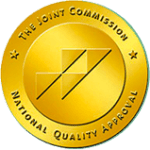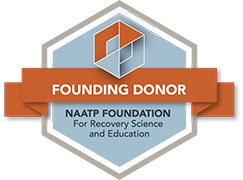An Attitude of Gratitude in Recovery
Practicing daily gratitude has benefits that can help you maintain your recovery. It helps to reduce stress and illness and improves sleep and social connection. When you are focused on what you are grateful for you start to appreciate what is good about your life, instead of what is bad. By being grateful, you can become a happier and healthier person.
Of course, being grateful isn’t easy. It takes practice. If you are just starting out on your recovery journey, finding something to be habitually grateful for in recovery might seem impossible.
It’s normal to be full of fear, resentment, and anxiety when you start this process. However, although these emotions are normal they are often not helpful. If you have read the Big Book of Alcoholics Anonymous, you may already know that anger and resentment are often major contributing factors to addiction. As the Buddha says, holding onto negativity is “like grasping a hot coal with the intent of throwing it at someone else; you are the one who gets burned”.
Gratitude is the perfect counterbalance to negative emotions. Instead of thinking about all the people who have harmed you, flip your thinking to all the people who have helped you. Understanding your fear and pain behind resentment and anger may well be the first step in your recovery. Finding the willingness within you to let go of the anger you feel inside becomes much easier when you are able to routinely focus on what is good in your life.
When you start to take stock of what you are grateful for on a daily basis, your fear and anxiety begin to subside. Your weaknesses and vulnerabilities are obvious to you when your main focus is on what your life lacks. On the other hand, if for a few minutes every day, you focus on who loves and supports you, what you are good at, and what help you may have already received from others, you will start to feel more able, secure and confident in yourself. You can overcome problems and find solutions.
Realigning your thinking to focus on gratitude can be one of the greatest things you can do for yourself in your recovery. By diminishing the amount of stress and anxiety you feel, you will be protecting yourself from depression and relapse. Further, stress and anxiety have been linked to a host of physical health problems such as a weakened immune system, obesity, sleeplessness, and heart disease.
Added to this, cultivating an attitude of gratitude can strengthen your social connections and relationships. You may feel that you can never repay certain people for everything that they have done for you, but letting people know that you appreciate them and what they mean to you will reinforce the bonds you already have with them.
There are plenty of ways to inject a little gratitude into your life. Look out for our next blog where we will outline some key ways to ensure that you maintain that attitude of gratitude throughout your recovery.








